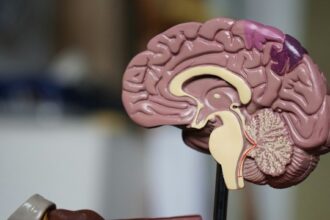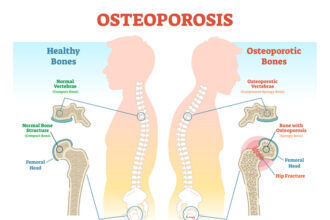Wellness has become a significant industry, with countless individuals each year pledging to lead lives filled with more happiness and health. Yet, for those grappling with substance use and mental health issues, the notion of wellness often doesn’t figure prominently in their path to recovery.
Margaret Swarbrick, a distinguished professor and associate director at the Rutgers Center of Alcohol and Substance Use Studies, is at the forefront of changing this narrative. Her recent work, “Journey to Wellness,” is a 20-page, easy-to-navigate guide developed collaboratively with individuals in recovery to integrate wellness into their journey.
Swarbrick points out a critical gap in current recovery approaches: the lack of involvement of those with mental health and substance use conditions in creating the very tools and interventions meant to aid their recovery. “Journey to Wellness” directly addresses this gap, offering a more personalized and engaging recovery tool.
Contrary to many recovery programs’ structured, step-by-step nature, Swarbrick’s guide aims to be more accessible and tailored to the individual. She criticizes the conventional resources available to those in recovery as needing to be more exciting and offering impractical advice, often penned by individuals without personal recovery experiences. This critique underscores the unique value of “Journey to Wellness,” which draws upon the real-life experiences of those it aims to help, focusing on what has genuinely assisted them in their recovery efforts.
The guide is structured into four main sections, emphasizing proactive steps towards recovery. It highlights the importance of daily human connection as a cornerstone of wellness, encouraging engagement with supportive individuals. It also advises taking brief moments to disconnect from daily stressors, including technology, to foster relaxation. Additionally, it underscores the significance of sleep and doing good deeds for oneself and others as essential wellness strategies.
Although these strategies may seem straightforward, Swarbrick notes that individuals in recovery often overlook such self-healing tactics. The “Journey to Wellness” development involved a co-production strategy, ensuring that those with lived experiences of mental health and substance use issues had a say in all aspects of its creation. This approach is rooted in Swarbrick’s Wellness Model, a framework she has refined for years.
Since its publication, “Journey to Wellness” has been downloaded by thousands, with its potential reach being much more significant. Swarbrick highlights the pressing need for wellness strategies, especially in the wake of increased stress and substance use exacerbated by the COVID-19 pandemic and its ripple effects. In 2020, over 40 million Americans were reported to have a substance use disorder, and approximately 53 million adults were identified as having a mental illness, as per the Substance Abuse and Mental Health Services Administration.
Swarbrick concludes that while there is no one-size-fits-all solution to wellness, there are actionable steps everyone can take daily to tailor their self-care practices, underscoring the guide’s importance in empowering individuals in their recovery journey.
More information: Swarbrick, M., DiGioia-Laird, V., Estes, A., Kavalkovich, S., Nemec, P., Pelland, J., Stewart, B., Treitler, P., Baldomero, J. (2022, February). Journey to Wellness. Piscataway, New Jersey: Center of Alcohol & Substance Use Studies, Graduate School of Applied and Professional Psychology, Rutgers University.
https://alcoholstudies.rutgers.edu/wp-content/uploads/WinR_Self-Care_Guide_05.12.22.pdf








